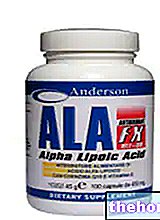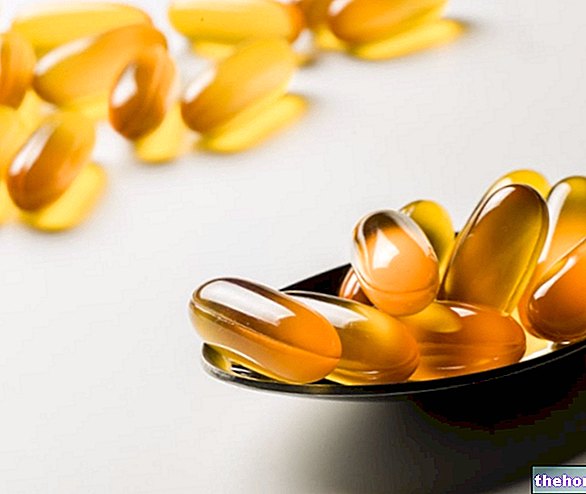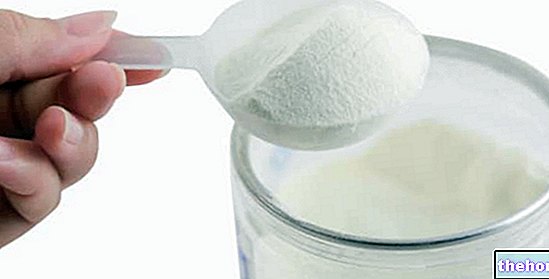OKG (Ornithine Alpha-Ketoglutarate) is a food supplement for athletes.
From the chemical point of view it is a salt resulting from the combination of two units of ornithine and a molecule of alpha-ketoglutarate (AKG).

Why do sportspeople use the OKG?
Ornithine alpha-ketoglutarate is used by athletes for:
- increase strength and muscle mass.
- Reduce fat mass.
- Stimulate the immune system.
- Speed up recovery times and prevent overtraining.
OKG: scientific evidence
Similar to arginine, OKG has been used successfully in the treatment of malnutrition, burns and convalescents following surgery. Its use at high doses (15 g / day for 5 months) in the treatment of children with stunted growth was also investigated in a successful study.
Although the mechanism of action has not yet been fully understood, it has been seen that OKG decreases muscle catabolism, promoting protein synthesis and consequently accelerating wound healing. These characteristics seem to be linked to its ability to positively influence the synthesis of anabolic hormones - such as insulin and GH - and the metabolism of amino acids, whose plasma concentration increases after oral or intravenous administration of ornithine alpha-ketoglutarate.
In the literature there are several studies that confirm the aforementioned anabolic properties of "OKG. The majority of these researches were conducted on hospitalized patients, polytraumatized and with dosages (from 10 to 25 g / day) significantly higher than those proposed in the sports field (seen the costs of the product, which are around 50 cents per gram.) The immunostimulating properties have instead been investigated above all in laboratory animals, obtaining encouraging results.
From some researches it has emerged that the only supplementation of ornithine and / or alpha-ketoglutarate does not allow to obtain the same positive effects.
Side effects
At the dosages proposed in the various studies (10-20 g / day), OKG proved to be devoid of side effects. Some patients reported an increased appetite, probably due to increased insulin levels and the consequent appearance of hypoglycemia (which represents a positive stimulus for the hunger center).
Cost and effectiveness
Sportsmen who intend to use ornithine as a food supplement with an anabolic action can obtain the same effect with cheaper and more studied supplements, such as creatine and whey proteins. Contrary to what has been said for polytrauma patients, in the literature there are no reliable data confirming the ergogenic efficacy of OKG.
Dosages
Athletes and people in good health are offered dosages of 2 to 10 g of OKG per day. To stimulate muscle growth, it is recommended to use it after physical effort, in the morning and before going to bed.
OKG in food
Although its precursor amino acids (arginine and glutamine) are present in numerous protein foods, such as meat and fish, OKG is a synthetic product and as such can only be taken through specific supplements.




























